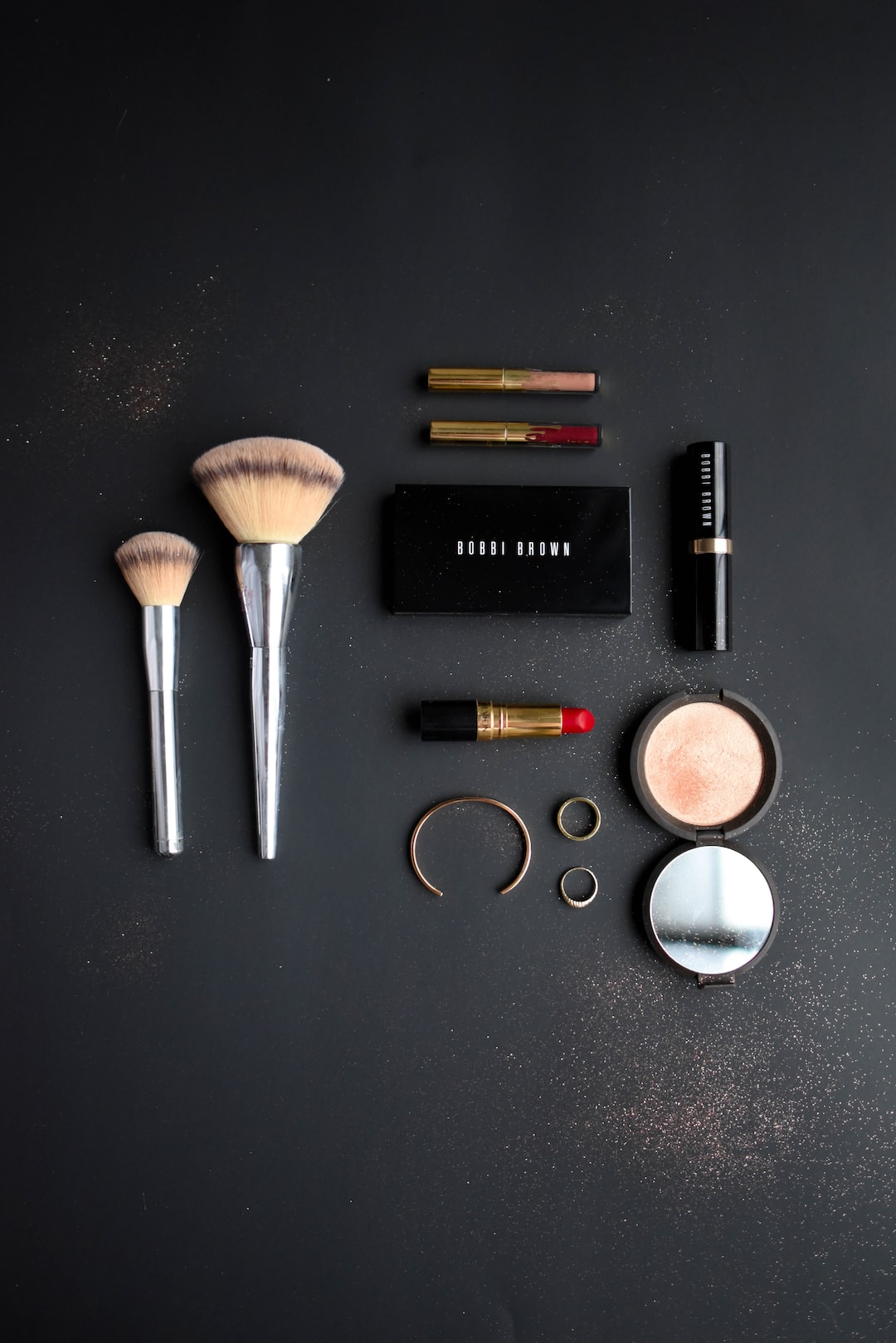The importance of sunscreen: debunking myths and selecting the best SPF
Sunscreen is an essential part of our daily skincare routine, and yet, there are still many misconceptions surrounding its use. In this blog post, we will debunk these myths and provide you with the information you need to select the best SPF for your skin.
Myth #1: I don’t need sunscreen on a cloudy day.
Fact: Clouds may block some UVB rays, but not UVA rays, which are responsible for premature aging and skin cancer. Regardless of the weather, it is essential to wear sunscreen every day to protect your skin from both types of harmful rays.
Myth #2: Sunscreen is only necessary when you are at the beach or during summer.
Fact: UV rays are present year-round and can even penetrate through windows. Whether it’s a sunny day or not, your skin is constantly exposed to harmful radiation. Therefore, wearing sunscreen daily is crucial in protecting your skin from sun damage and reducing the risk of skin cancer.
Myth #3: Dark-skinned individuals don’t need sunscreen.
Fact: Although melanin in darker skin provides some natural sun protection, it does not make you immune to the harmful effects of UV rays. People with darker skin are still at risk of skin damage, sunburn, and skin cancer. Always apply sunscreen to all exposed areas of your body, regardless of your skin tone.
Myth #4: A higher SPF offers significantly better protection.
Fact: While it is true that a higher SPF provides more protection, the difference is not as significant as you might think. SPF 30 protects against around 97% of UVB rays, while SPF 50 blocks around 98%. Beyond SPF 50, the increase in protection is even less noticeable. The most important factor in sun protection is proper application and reapplication, rather than solely relying on a high SPF.
Myth #5: Applying sunscreen once in the morning will last all day.
Fact: Sunscreen needs to be reapplied regularly to maintain its effectiveness. It should be reapplied every two hours, or more frequently, if you are swimming or sweating. Additionally, it is important to apply an adequate amount of sunscreen to achieve the SPF protection stated on the label.
Now that we have debunked some common myths, let’s talk about selecting the best SPF for your skin. SPF, or Sun Protection Factor, measures a sunscreen’s ability to prevent UVB rays from damaging the skin. When choosing a sunscreen, consider the following factors:
1. Broad-spectrum protection: Look for a sunscreen that offers protection against both UVA and UVB rays. This will protect your skin from sunburns, premature aging, and skin cancer.
2. SPF 30 or higher: An SPF of 30 or higher is recommended by dermatologists for adequate sun protection. Remember, the difference in protection between an SPF 30 and higher SPFs is minimal.
3. Water-resistant: If you’ll be swimming or sweating, opt for a water-resistant sunscreen. Regular sunscreen will typically wash off, reducing its effectiveness in protecting your skin.
4. Skin type: Consider your skin type when selecting a sunscreen. If you have oily skin, choose a lightweight, non-comedogenic formula. If you have sensitive skin, look for sunscreens labeled as hypoallergenic or formulated for sensitive skin.
5. Personal preference: Find a sunscreen that you enjoy using! There are various formulations available, such as creams, lotions, sprays, and gels. Find the texture and scent that you prefer, as it will encourage regular use.
Remember, sunscreen is just one part of your overall sun protection. Seek shade during peak sun hours, wear protective clothing, hats, and sunglasses, and avoid tanning beds. By taking these steps, you can ensure that you’re protecting your skin from the damaging effects of the sun and maintaining its health and beauty for years to come.
In conclusion, the importance of sunscreen cannot be overstated. By debunking common myths and understanding the factors to consider when selecting sunscreen, you can make informed choices for your skin’s protection. Incorporate sunscreen into your skincare routine, make it a daily habit, and safeguard your skin against the harmful effects of the sun.
